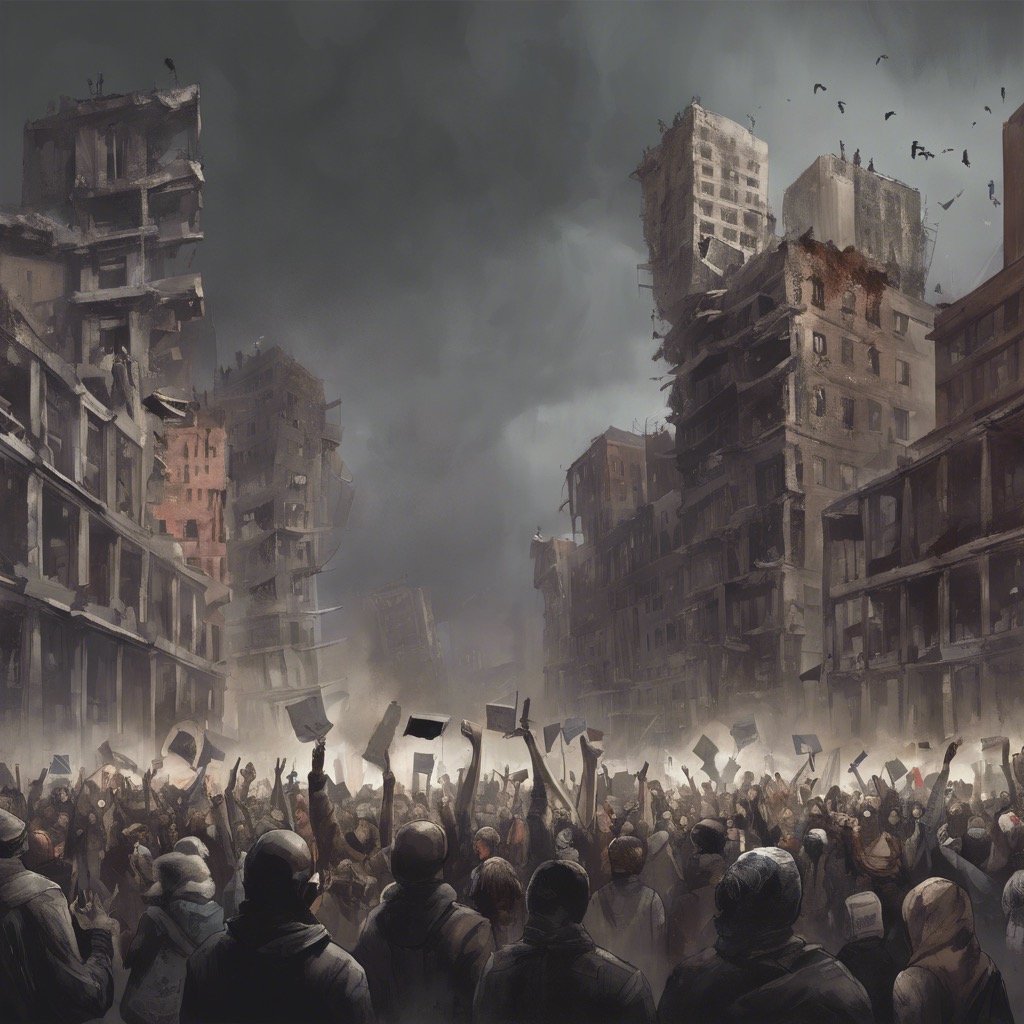
What factors can erode public trust and confidence in the government, sparking calls for a revolution in Srilanka?
Several factors can erode public trust and confidence in the government, sparking calls for a revolution. Some of these factors include Widespread corruption within the government, where public officials engage in bribery, embezzlement, or misuse of public funds, can significantly undermine public trust. When people perceive that their leaders are prioritising personal gain over public welfare, it can lead to a loss of confidence in the government and a desire for revolutionary change.
Lack of transparency and accountability, When governments operate in secrecy and fail to provide clear and open communication with the public, it can breed suspicion and mistrust. Lack of accountability for government actions, such as failure to address human rights abuses or hold corrupt officials to account, can also contribute to a sense of injustice and dissatisfaction.
Poor economic policies, misallocation of resources, and failure to address economic inequality can erode public trust in the government’s ability to provide for the well-being of its citizens. When people experience economic hardships, such as high unemployment rates, inflation, or lack of basic necessities, they may view the government as incompetent or uncaring, leading to calls for revolutionary change.
Repression and human rights abuses, Governments that engage in widespread repression, including arbitrary arrests, torture, censorship, and violation of civil liberties, can create a climate of fear and mistrust. Such actions can fuel public anger and a desire to overthrow the oppressive regime through revolution.
Persistent social inequalities, such as discrimination based on race, gender, religion, or socioeconomic status, can undermine public trust in the government’s commitment to fairness and justice. When marginalised groups face systemic discrimination and exclusion, it can create a fertile ground for revolutionary movements seeking to address these social injustices.
Failure to address pressing issues, If the government consistently fails to address pressing issues that affect the well-being of the population, such as healthcare, education, or environmental concerns, it can lead to frustration and disillusionment. When people perceive a lack of responsiveness or indifference from the government, it can drive them to seek revolutionary change.






